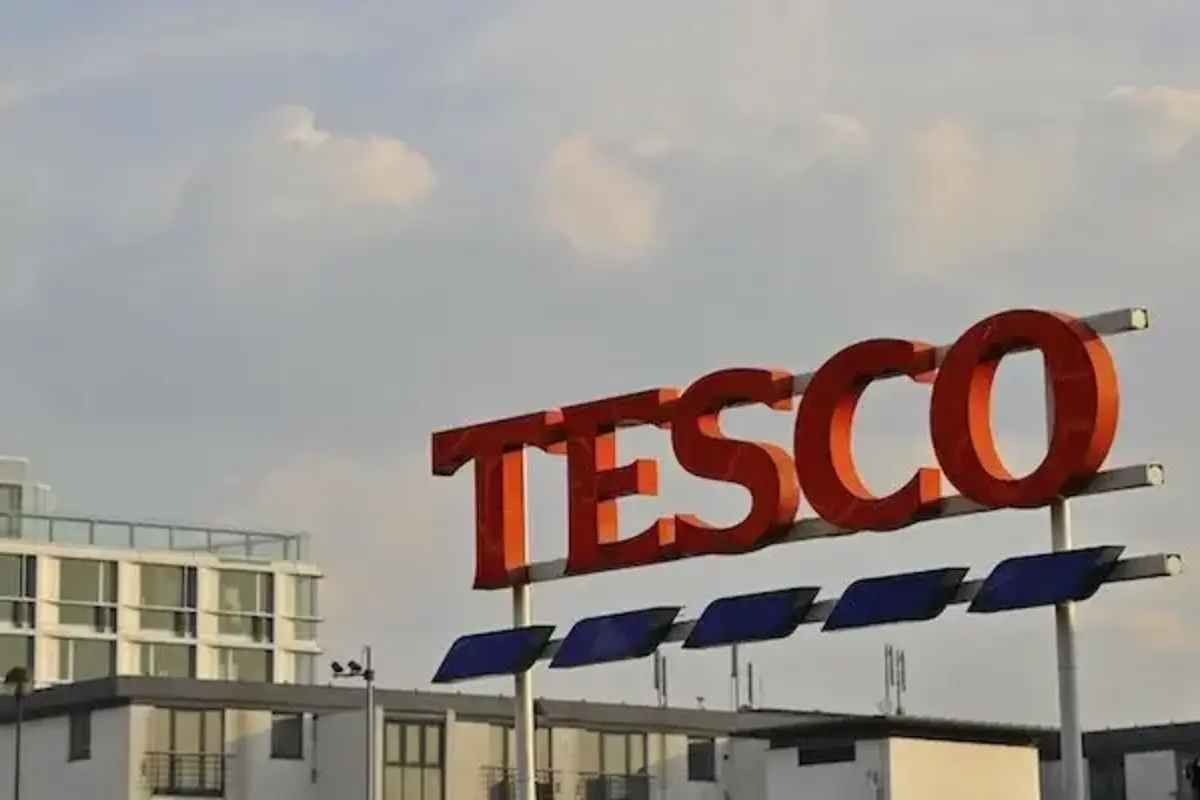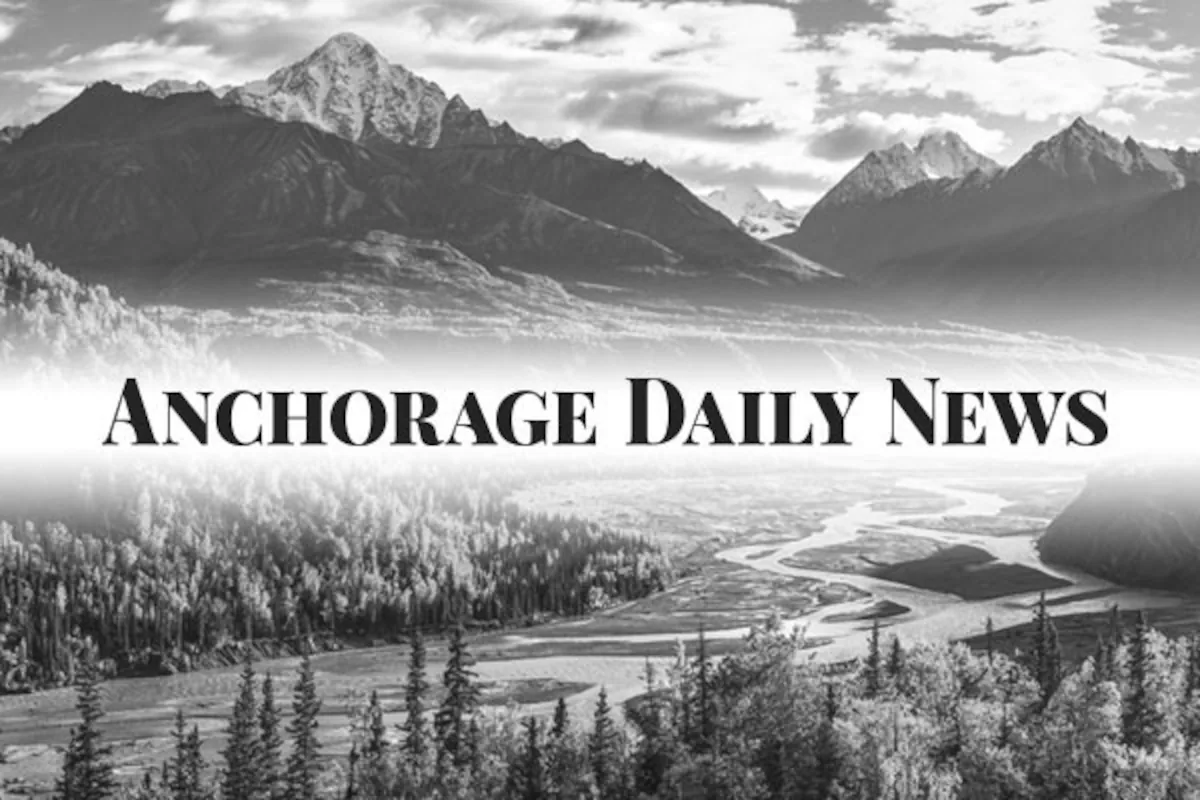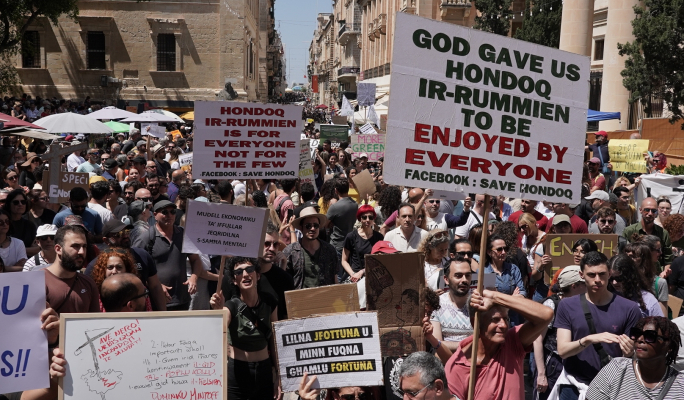By Amber Murray
Copyright cityam

Tesco boss Ken Murphy has warned Rachel Reeves that business will struggle to absorb more costs as fears rise of another tax raid in this Budget.
UK retailers were hit by higher labour costs after an increase in the minimum wage and employer’s national insurance costs this April, after changes made at last October’s budget came into effect.
Tesco, which employs more than 330,000 people in the UK, faces an annual hike in national insurance payments of £235m, and a £90m annual bill for the new Extended Producer Responsibility (EPR) packaging levy.
“In the last Budget, the sector incurred substantial additional operating costs and we’re doing our best to deal with that but enough’s enough,” Murphy said on a call with reporters.
“As a food retailer we operate in a very competitive, very tough environment, and I think our one ask is that you don’t make it harder for the industry to deliver great value for customers,” he added.
Despite the tough environment, Tesco upped its profit guidance for the current financial year this morning after a summer sales boost, with full year profit now expected to be between £2.9bn and £3.1bn, an increase from the previous range of between £2.7bn and £3bn.
Reeves considers softening business rates blow
Businesses have been vocal about the damage of a change to the business rates system next year, which will see large stores pay a higher rate of tax to pay for a reduction in small shops’ rate.
But it looks like Reeves may keep large shops – including supermarkets – out of the higher tax band due to “warnings that the increased burden will fuel higher food inflation”, according to the FT.
John Webber, head of business rates at Colliers, has long been a critic of the higher multiplier proposed for the larger retail stores and supermarkets.
“If this comes to pass, we applaud the U-turn on food stores being hit with a 20 per cent business rates premium, because the levy would have added to food inflation- but it rather begs the question why is the government not accepting that adding a 20 per cent supplement to any business is inflationary?
“It feels like those who shout loudest get listened to, rather than the government pursuing any considered strategy. Nothing appears to have been mentioned about doing something similar for the larger hospitality and leisure businesses, or any other large business,” Webber said.
If Reeves does not change course, business rates could rise by an estimated 26 per cent across London, from £9bn to £11bn



